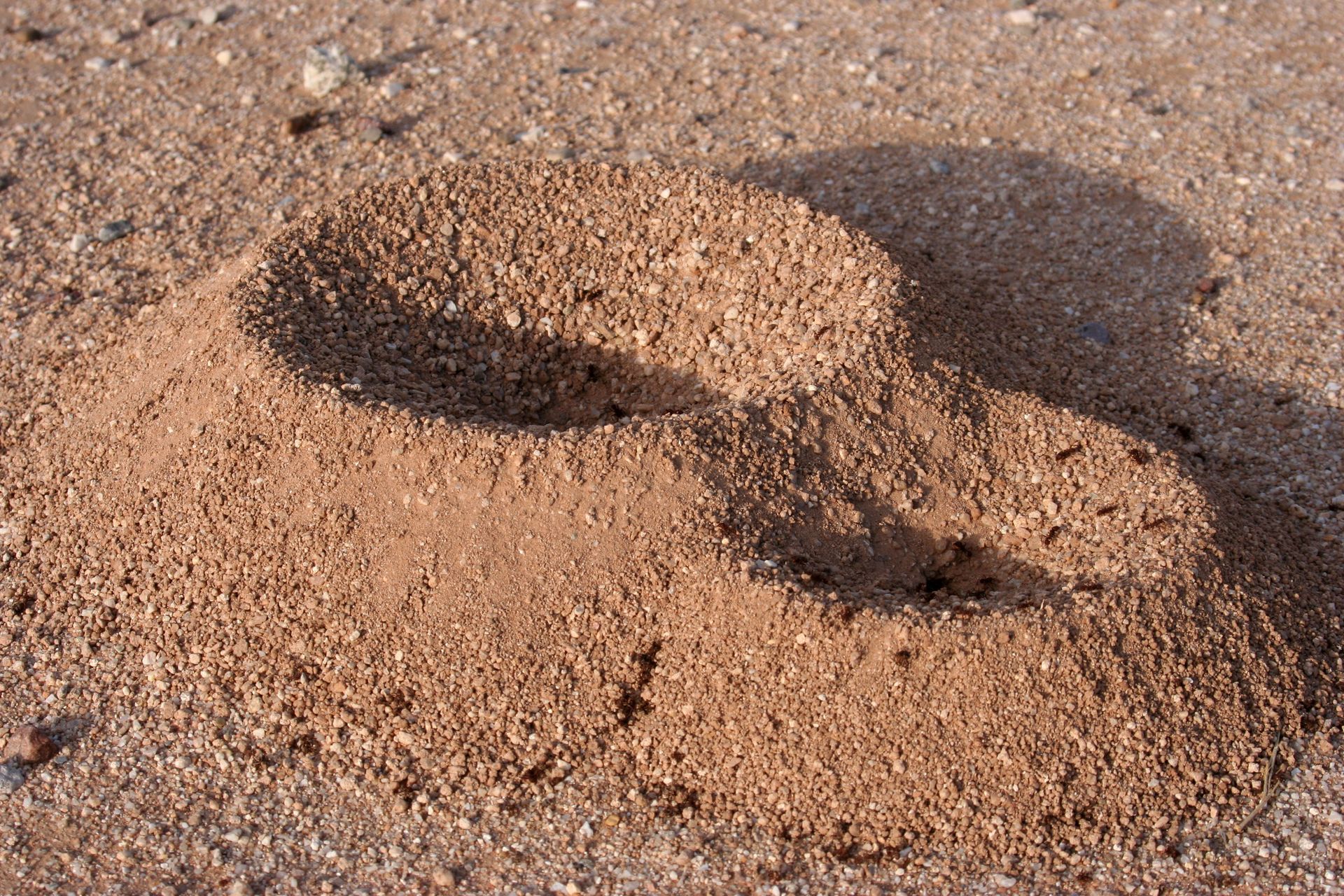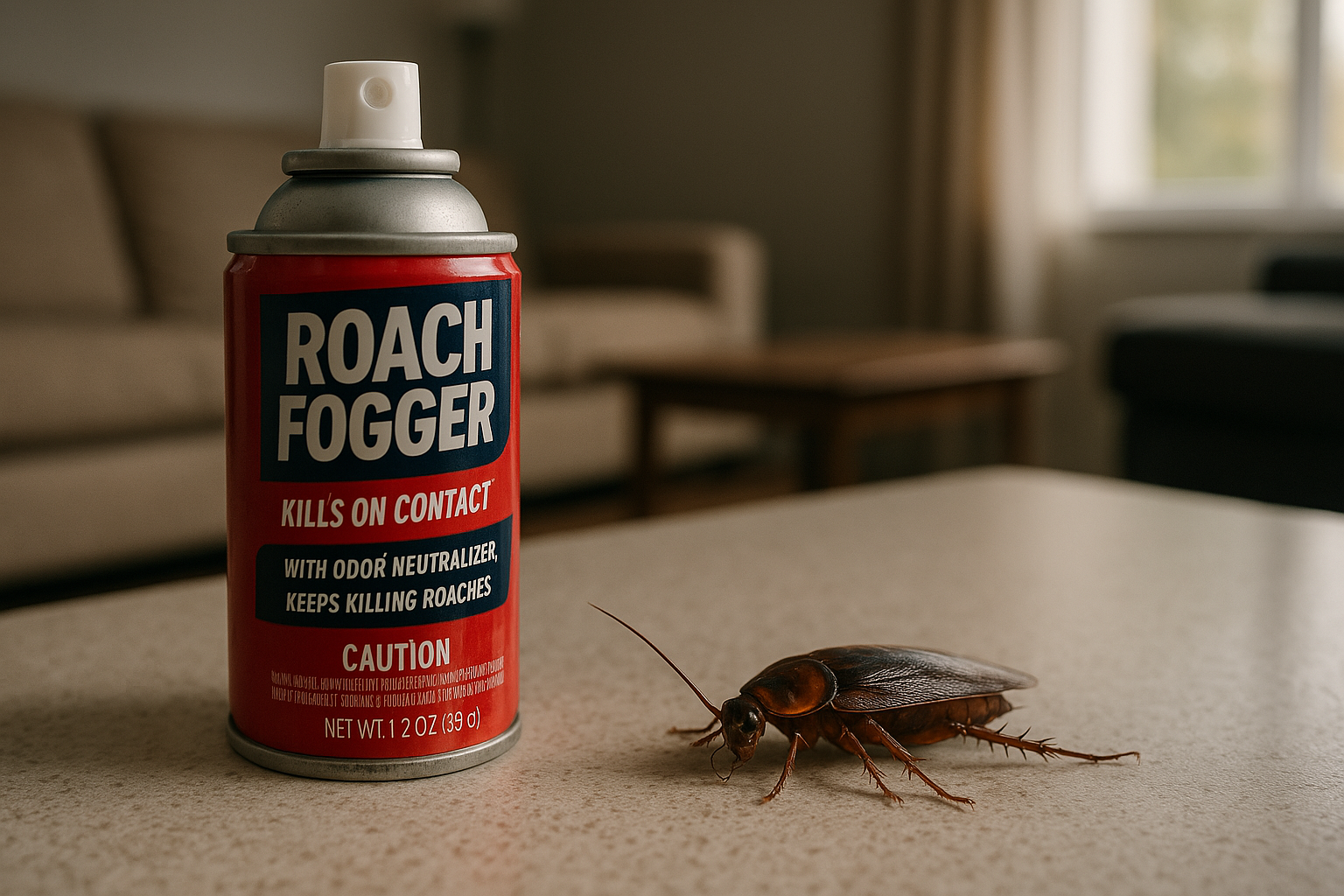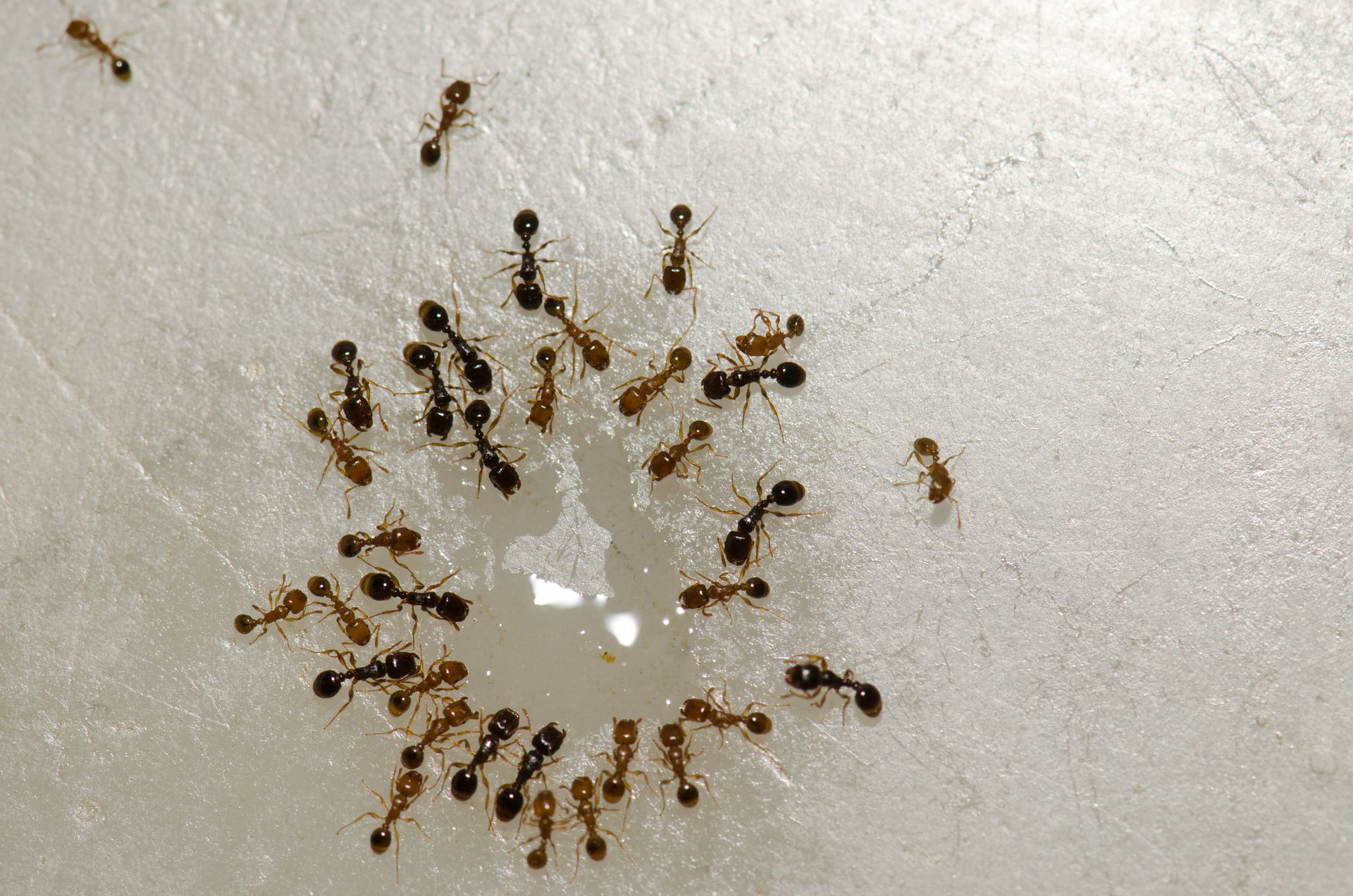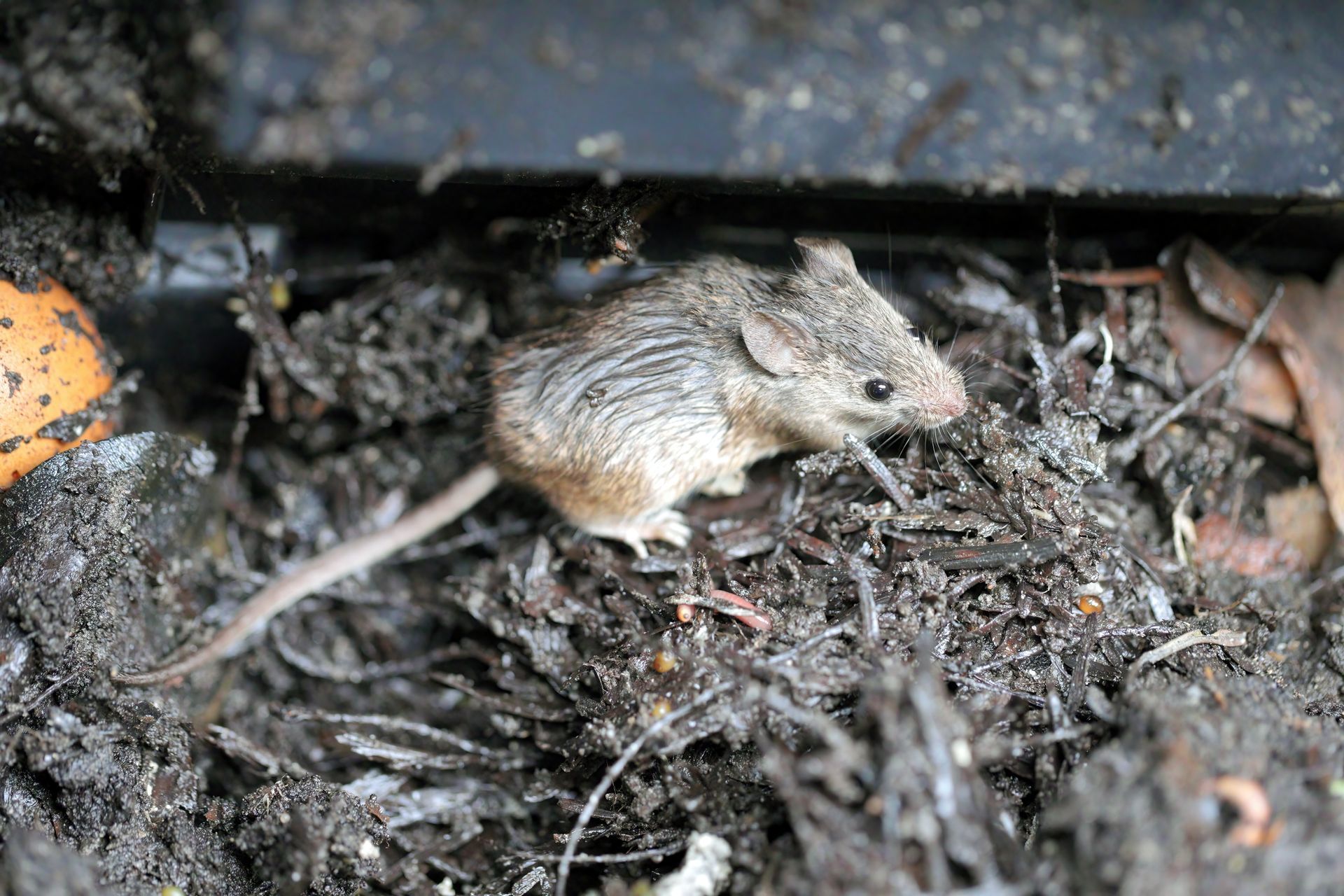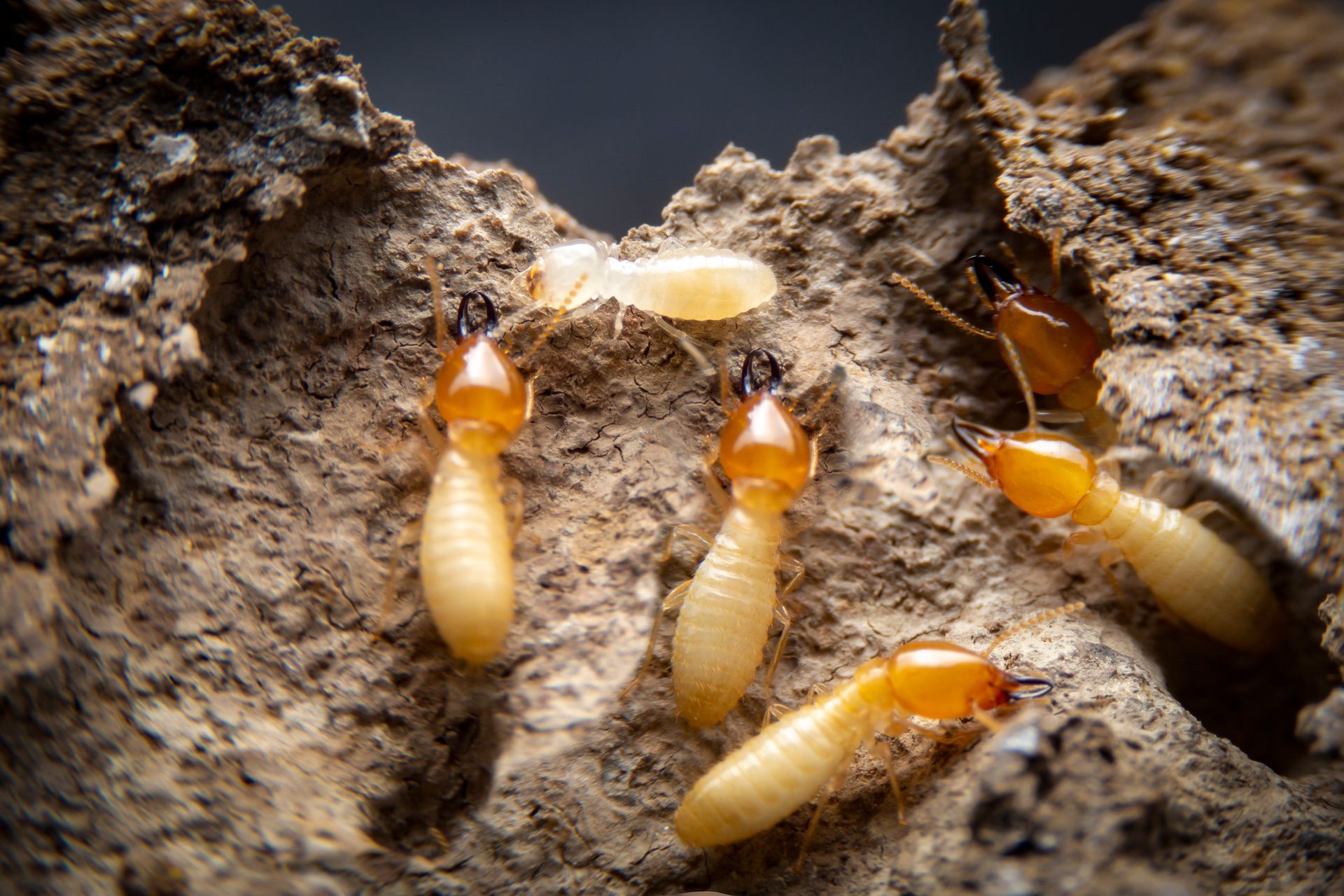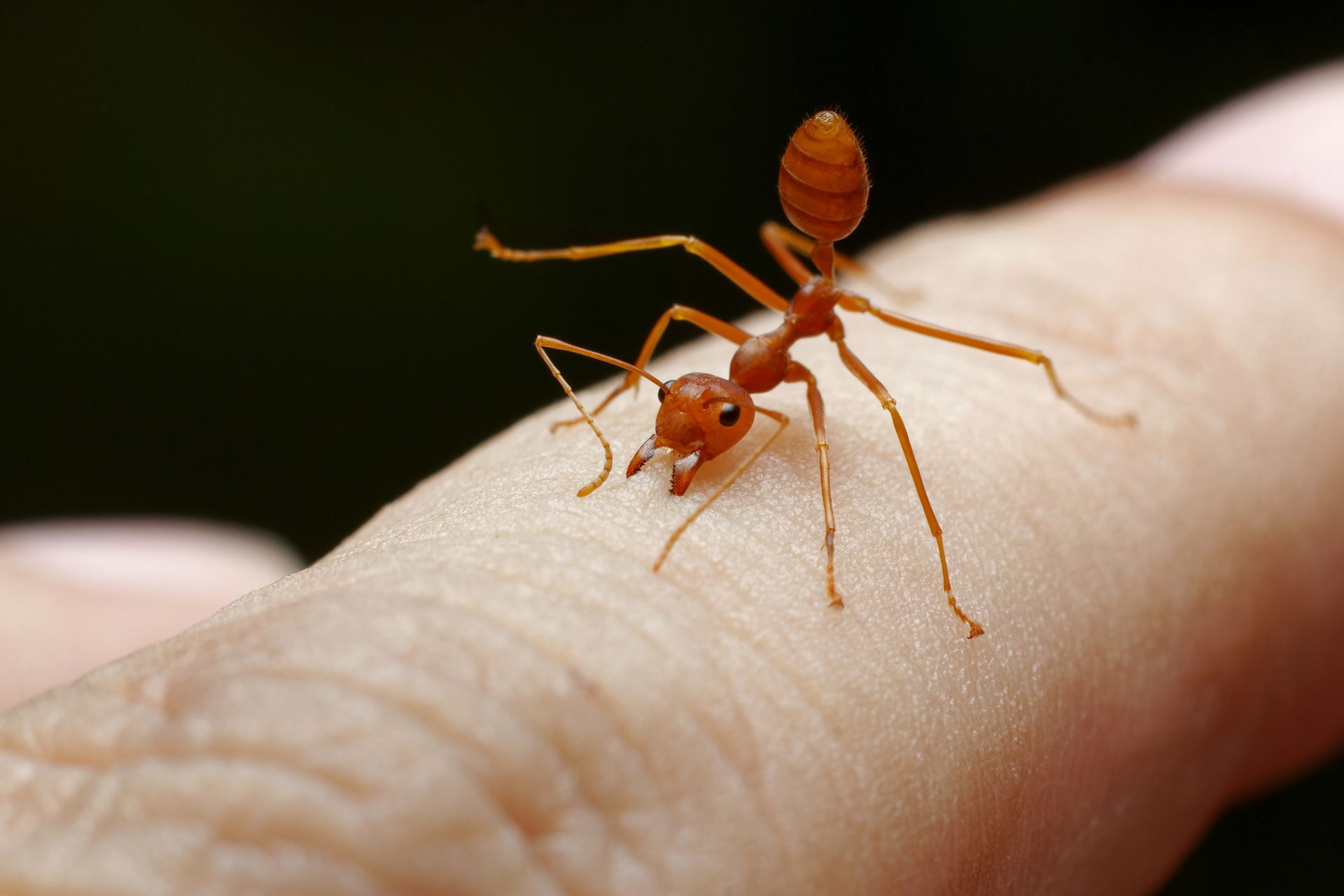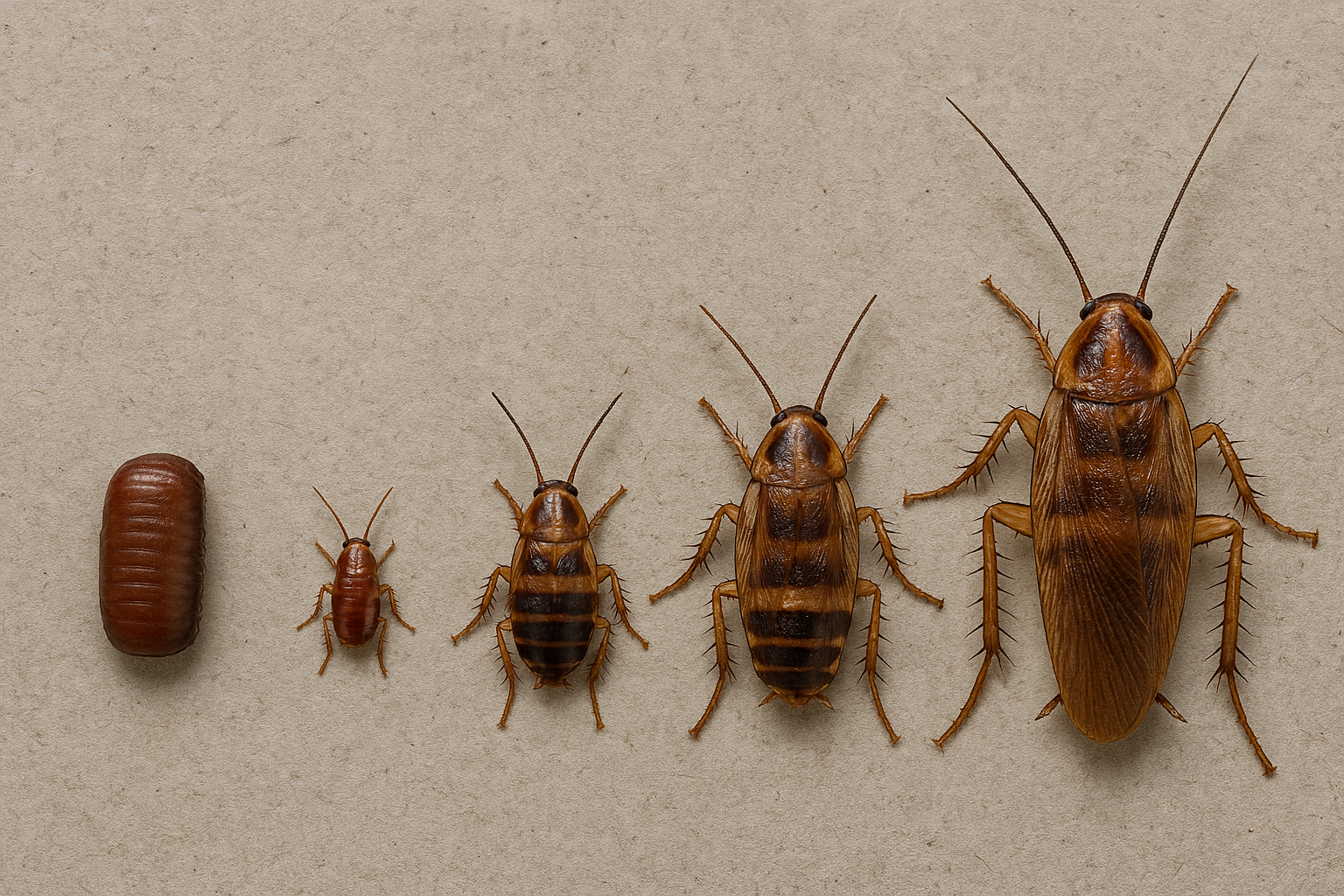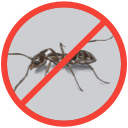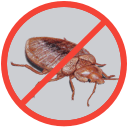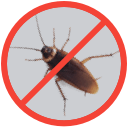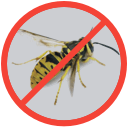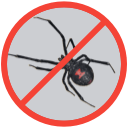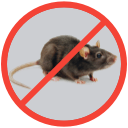Are Wolf Spiders Poisonous?
Are Wolf Spiders Dangerous?
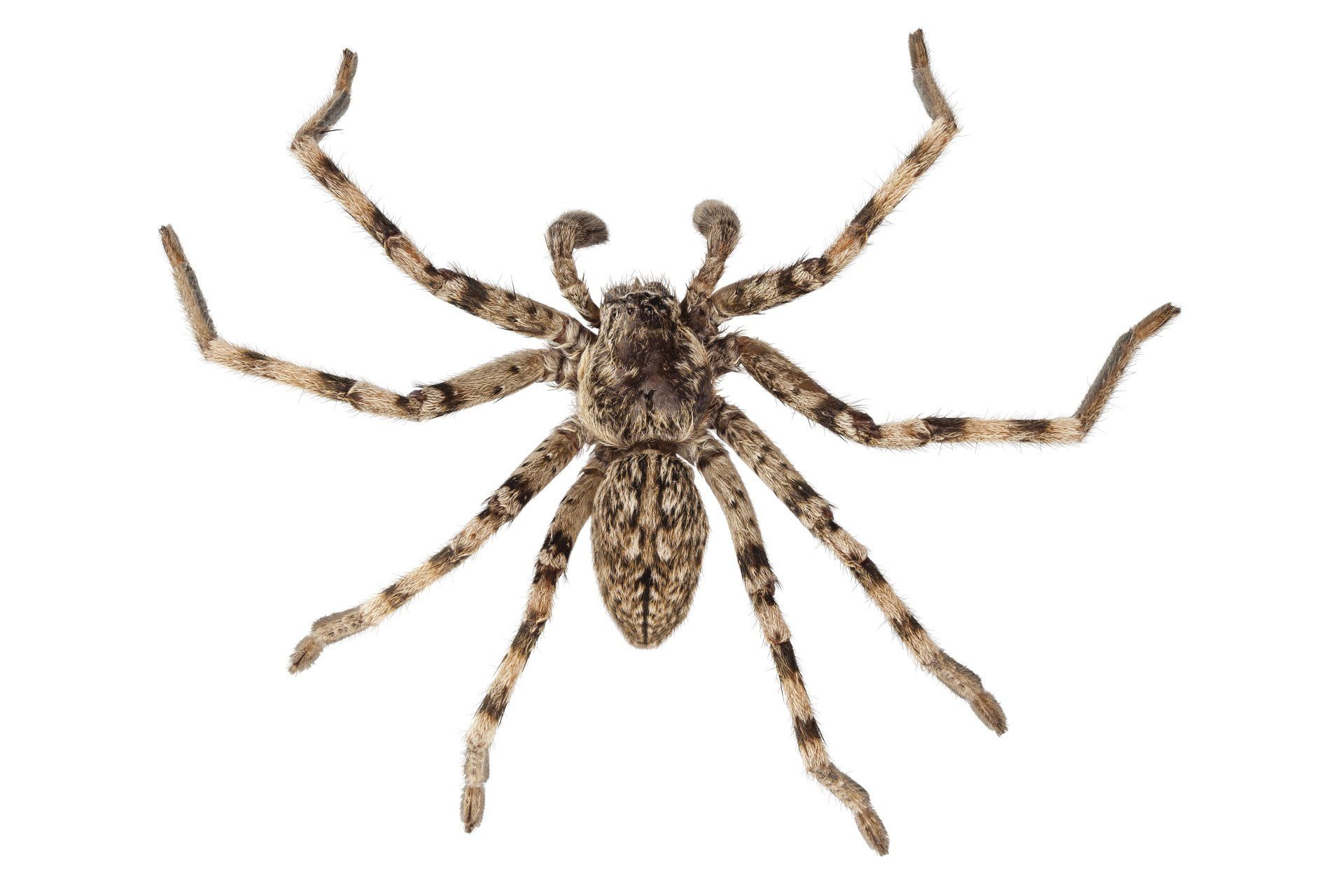
Do Wolf Spiders Bite?
Wolf Spiders do not attack unless they’re provoked, and their venom is usually harmless to large animals and people. You will rarely notice getting bit by a wolf spider but when you do, it is most likely your fault. They would rather run away and hide when they feel threatened by larger creatures. They will usually only attack or bite in self-defense. If you do happen to get bite by a wolf spider, you should expect pain and swelling similar to a wasp sting.
Risks of Wolf Spiders
Wolf Spiders are not poisonous to people, although they do have a painful bite. That being said, there is little health risk unless you have an allergic reaction to spider venom. If you got bit by a spider, pay attention to signs of severe allergic reactions. Clean the wound and use something cold to minimize swelling.
Do your best to try not to get close to a wolf spider because they will only attack if they feel threatened. We advise to not hold or touch a wolf spider if you come into contact.
Why Do Wolf Spiders Have Venom?
Wolf Spiders only carry venom to help them neutralize their prey when hunting. Wolf spider don’t have webs, so they need to hunt and catch their prey. After attacking, the venom starts to slow and kill their prey enough for the wolf spider to start feeding. Due to the sheer size of most animals and humans, the venom isn’t enough to do much unless there is a severe reaction.
Impact a Wolf Spider Has on Your Health
Wolf spiders are not a threat to most people outside of a minor bite that can result in some pain and discomfort. That said, the only time there should be any concern is if your body has a severe allergic reaction to the venom in a wolf spider bite. If swelling and pain last longer than a few minutes, pay close attention to other signs of allergic reactions. For less severe reactions, the pain after a wolf spider bite should go away after a few minutes and the swelling and itching may go down after a few days.
What are the Symptoms of a Wolf Spider Bite?
Wolf spider bites generally look and react like other small insect bites. There may be an itchy red bump for a couple days but most of the initial pain should wear off almost immediately after the bite. There is no real need for concern unless an allergic reaction starts to happen.
Signs you may need medical attention from your spider bite:
- Signs of veins darkening or rash that starts at the bite mark
- Difficulty breathing
- Swelling in the face or around the mouth or throat
- Hives or red bumps around the bite
- Dizziness & nausea
- Unconsciousness
- Cramping or tight muscles around the bite
- ·Sweating accompanied by fluctuating between feeling hot and cold
- Nausea or vomiting
- Fever
- Weakness or uncontrollable shaking
- Intense headache
Each of these symptoms indicate a more severe reaction to a wolf spider bite and should be given the proper medical attention if they persist.
If your symptoms don’t improve get medical attention right away, your doctor may:
- Prescribe antihistamines to minimize the allergic reaction
- Prescribe antibiotics for potential infection
How are Wolf Spider Bites Treated?
Treating a wolf spider bite is similar to how you would treat other insect bites.
5 steps for treatment:
- Clean the bite area with antibacterial soap and water to kill off any bacteria and pathogens. Apply an antibiotic ointment after the wound has been cleaned.
- Use a cold compress to help reduce swelling.
- Pay attention for signs of severe reactions.
- In the event of any severe allergic reactions contact medical assistance right away.
- Monitor bite for signs of extreme bruising, decay, and rot.
How to Prevent Wolf Spiders from Entering Your Home
Wolf spiders are shy and do not tend to interact with humans very often. They prefer to live outdoors but will sometimes find their way inside in search of food or shelter. You can avoid wolf spiders by making sure entry points into your house are sealed and the house is kept clean, and all clutter is removed. You should also make sure to vacuum the darker areas of your house because spiders like to hide in areas that are not well lit.
How to Get Rid of Wolf Spiders
Even if you keep your doors and windows closed, wolf spiders still manage to make their way into your home. These spiders are a nuisance and here are 4 tips to prevent them from entering your home:
- Eliminate any places wolf spiders can use to hide. They will make their home in just about any place that is undisturbed. This means that they will find place like closets and storage to hide. By using sealed storage containers and cleaning areas that are generally undisturbed is a good way to remove potential harborage points.
- Much like eliminating places to hide, actively vacuuming under furniture, drapes, and other often overlooked areas should help disturb and catch any lingering wolf spiders.
- Eliminate the wolf spider’s food sources. If you are already dealing with other pest problems, there is likely a healthy supply of food for any apex spiders in your home.
- Wipe surfaces with lemon juice. Lemon juice is a spider deterrent that has been shown to be effective.
Seek Professional Help from EcoGuard Pest Management
If there are signs of wolf spiders and you want to ensure they are no longer a problem, call EcoGuard Pest Management today to get a licensed technician out to apply a perimeter insecticide. This preventative strategy should stop wolf spiders from coming into your home.


